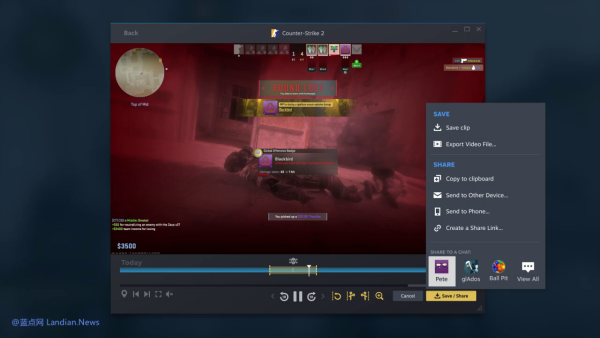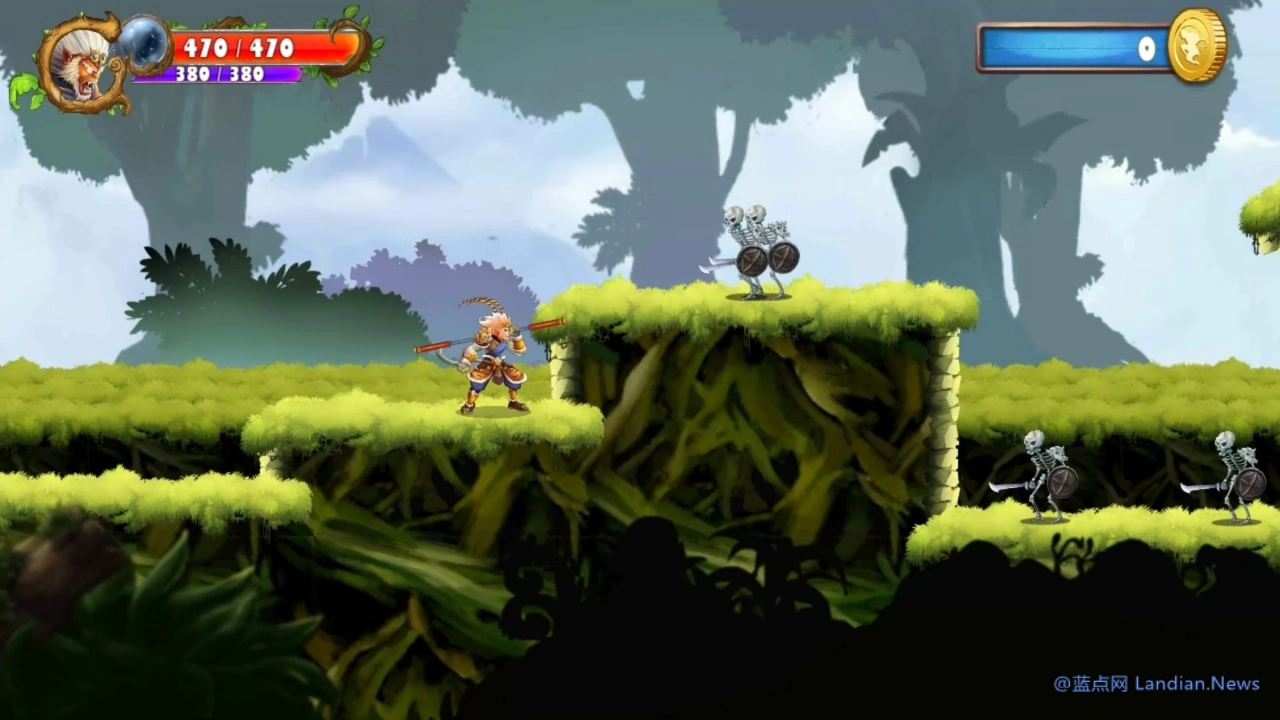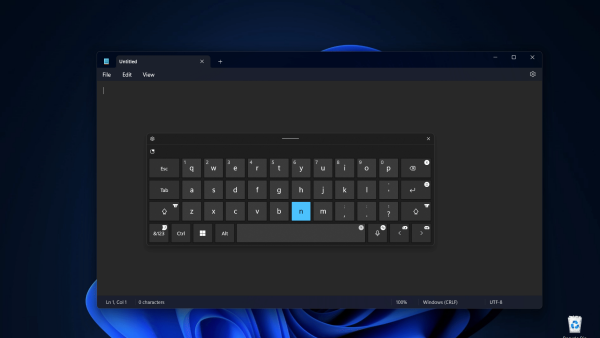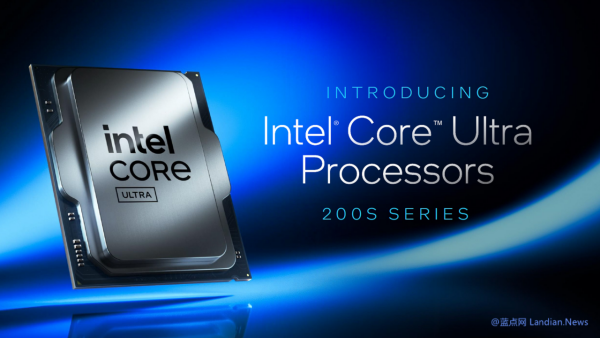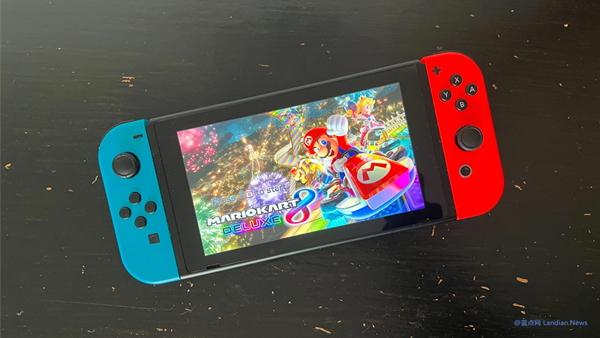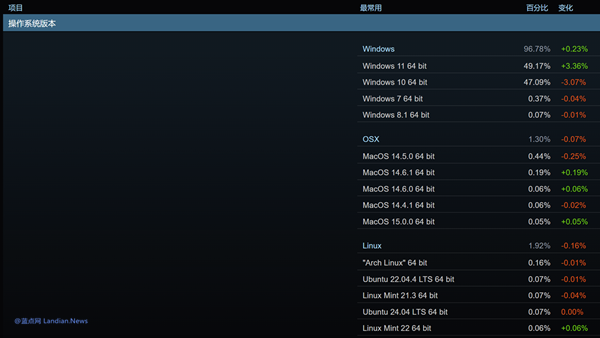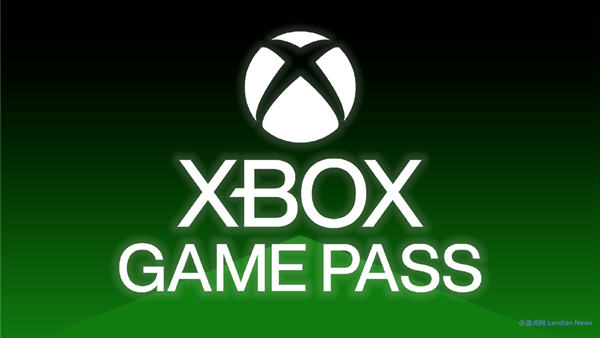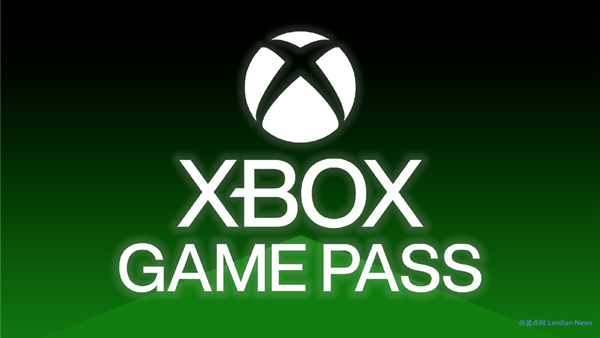Lenovo Enters Handheld Gaming Arena with Legion Go: A Power-packed Windows 11 Device to Compete with Steam Deck and ASUS ROG Ally
After witnessing the explosive success of the Steam Deck and ASUS ROG Ally gaming handhelds, Lenovo is gearing up to launch its own entry into the handheld gaming market. Branded under the Legion banner, this new handheld will come with Microsoft's Windows 11 operating system.
More details have emerged about the Legion Go, revealing an intriguing hardware setup. It is expected to feature AMD's RYZEN Z1 series processor, and will likely be available in two versions - the Z1 and the more powerful Z1 Extreme, with 8 CPU cores and 12 GPU cores.
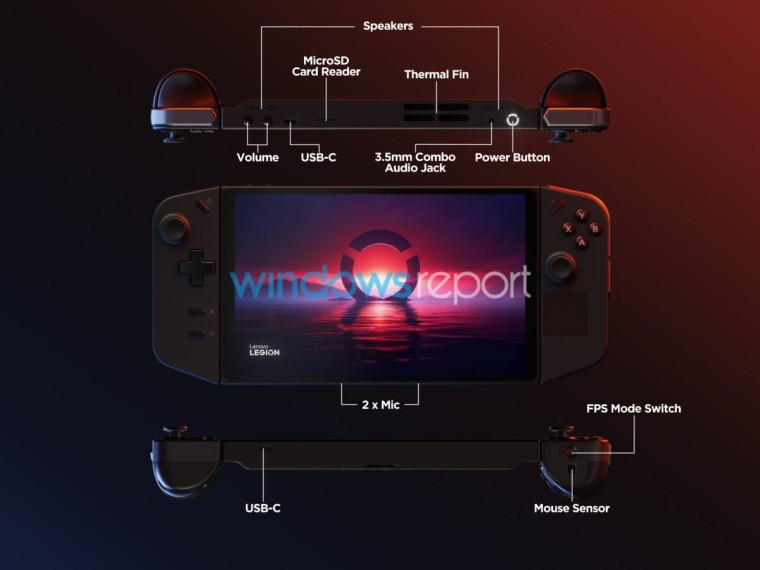
In terms of appearance, the Legion Go sports an 8-inch screen, larger than the 7-inch screens of the Steam Deck and ASUS ROG Ally. It will also have detachable side modules, resembling the Nintendo Switch's design.
Other notable specifications include an M.2 SSD (likely the 2230 model), a built-in touchpad, M1M3/Y1Y3 controller buttons, along with analog joysticks, buttons, and scroll wheels.
Given Lenovo's configuration, the Legion Go is essentially a mini PC. It can run practically any game that's compatible with Windows 11. While the integrated GPU can handle most titles, it may struggle with some resource-heavy games.
Interestingly, Lenovo seems to be developing a new AR eyewear called Legion Glasses, which could act as a supplementary display specifically designed for the handheld.
Based on leaked information, Lenovo may announce this new device at IFA 2023 in September, aiming for a Christmas release to capture the holiday market in North America and Europe.
